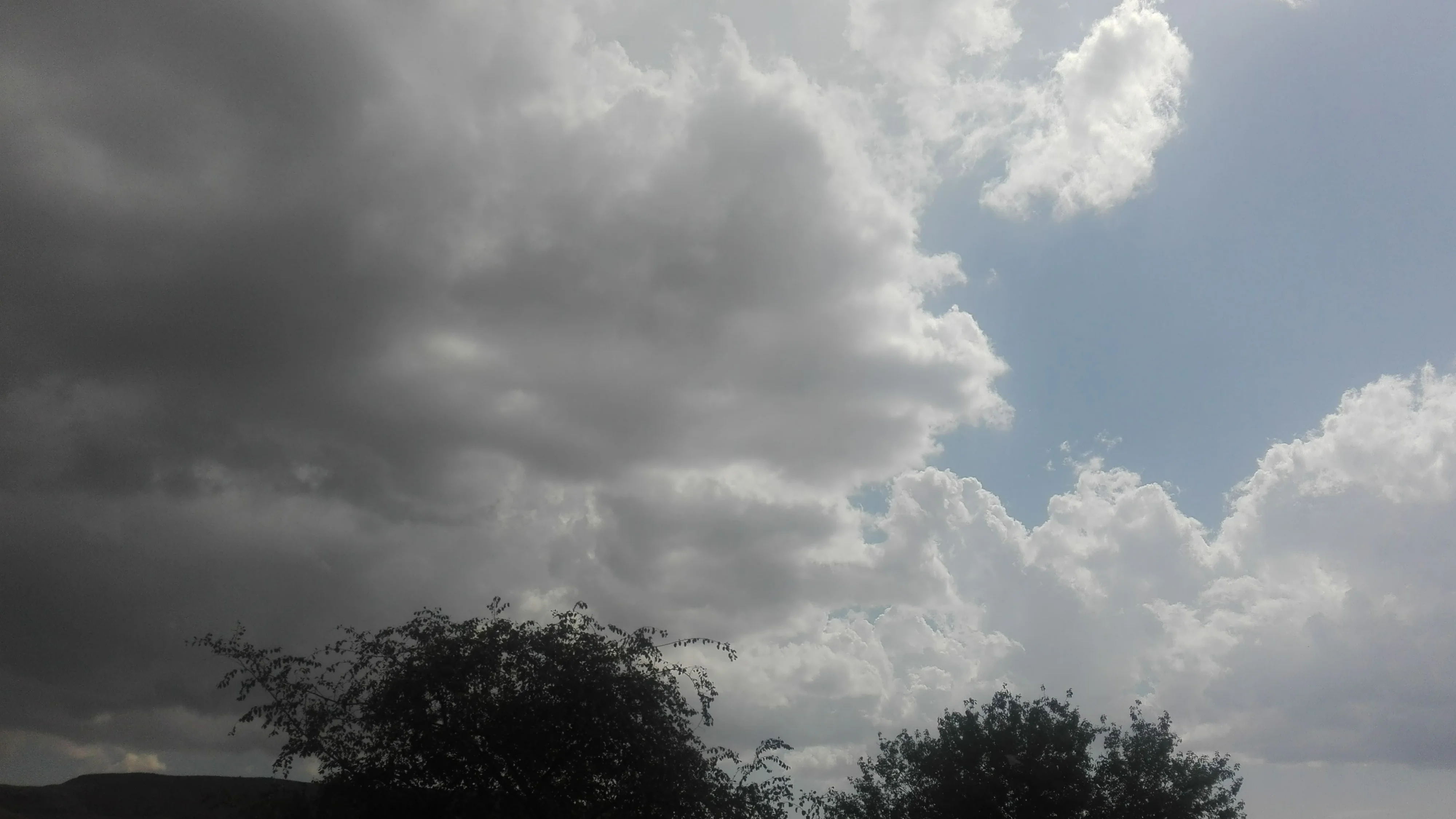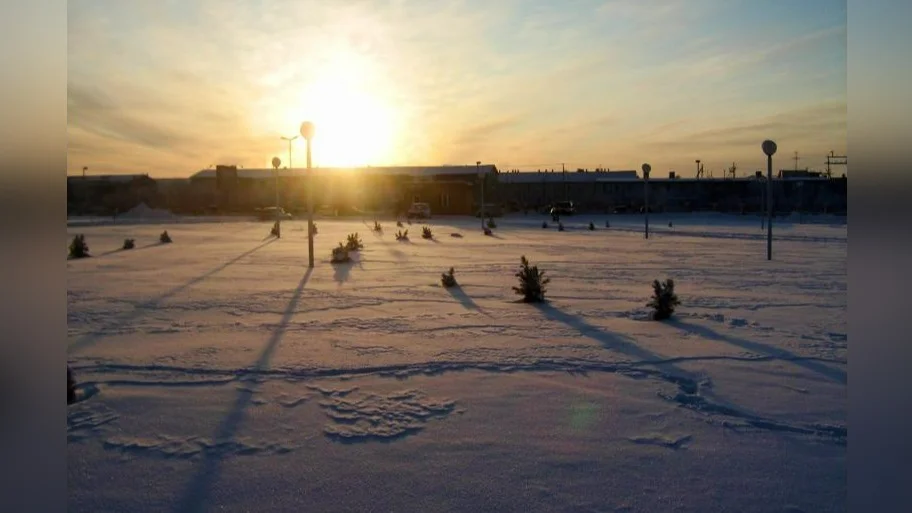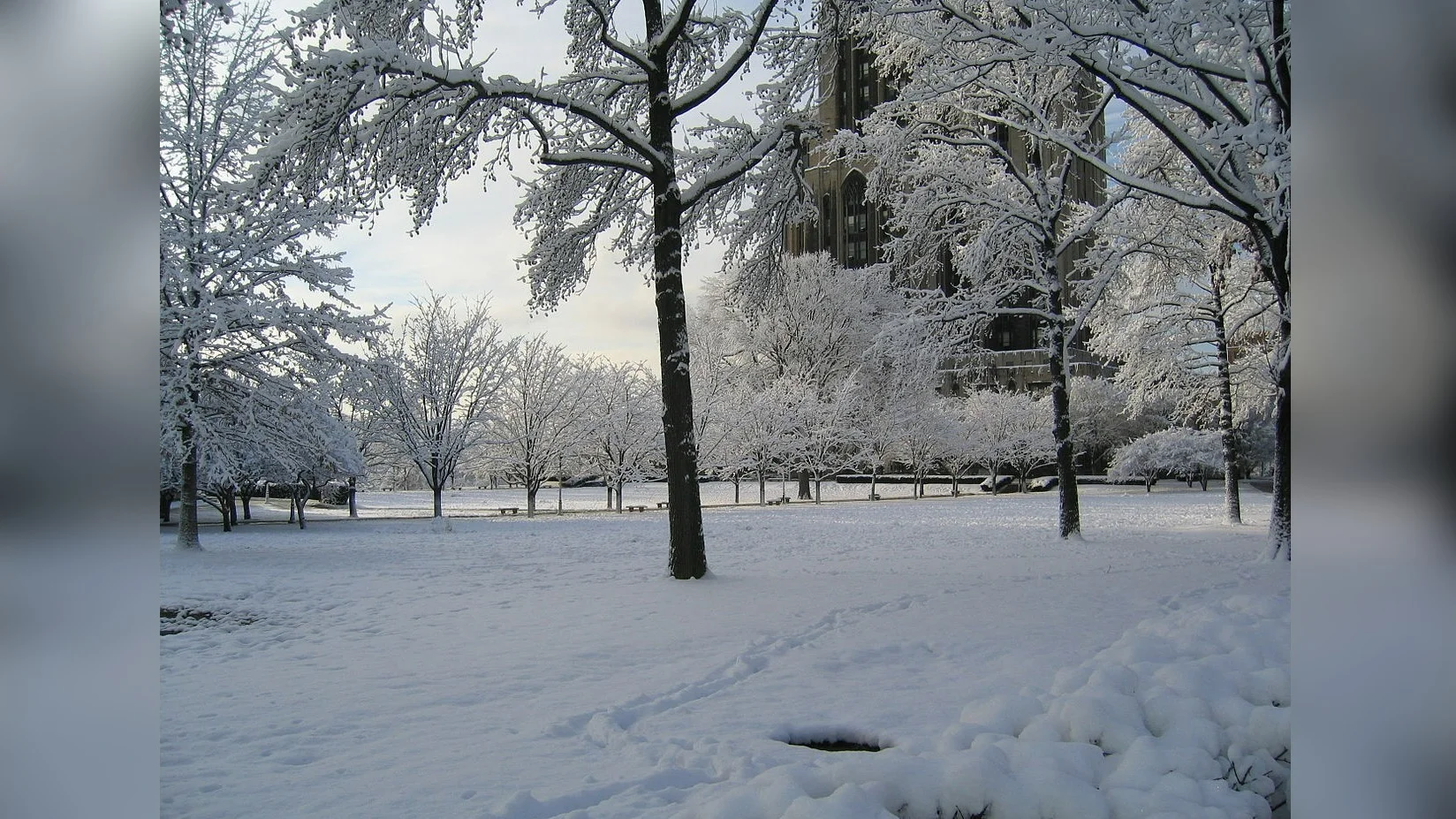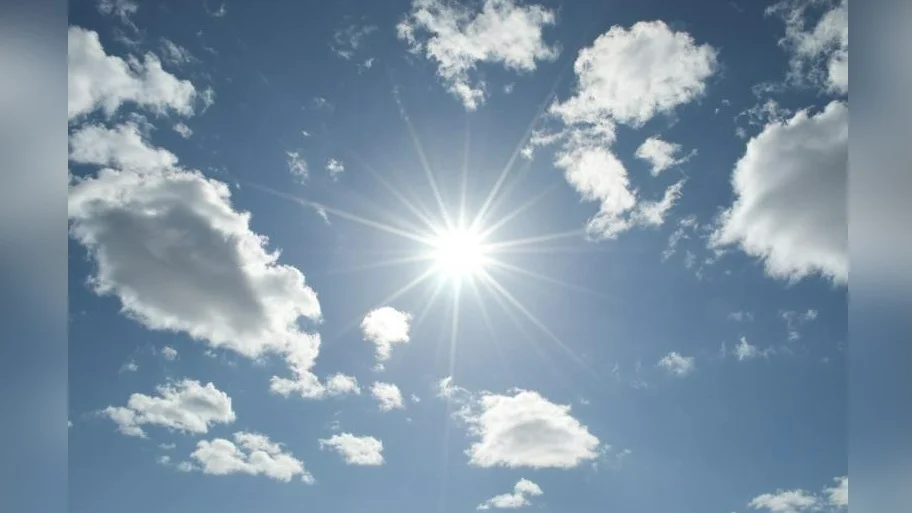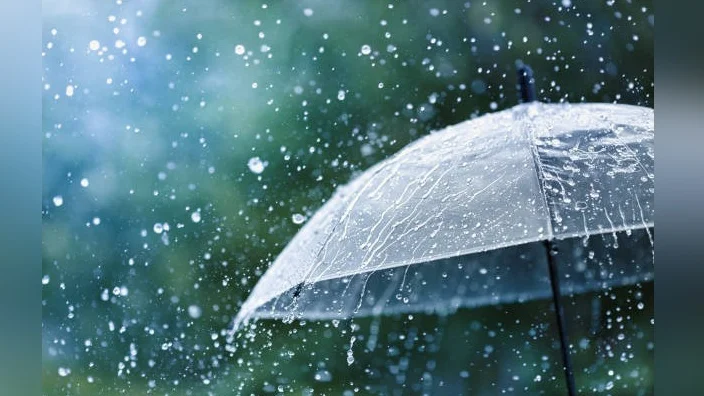Brigham Young University–Hawaii is advancing environmental sustainability initiatives inspired by the Hawaiian concept of "kuleana," which emphasizes stewardship and responsibility to the land. Under the leadership of BYU–Hawaii President John S. K. Kauwe III, the university is implementing sustainable practices across its campus, Laie Temple, and the Polynesian Cultural Center (PCC).
President Kauwe explained the ancient Hawaiian philosophy, stating, “In ancient Hawaii, there was no ownership of land. You were given ‘kuleana,’ [which] came with both a stewardship and a responsibility to use the land to bless the lives of others.” This approach aligns with the university's goals and the cultural values of ancient Hawaii.
Vice President of PCC Food Services Greg Maples highlighted collaboration among these entities, saying, “We have a partnership together. And we share information. We share data. We are working together to try to reduce that footprint right here on this side of the island.”
The properties aim to become energy-independent by 2026. Kevin Schlag, BYU–Hawaii’s Vice President of Operations, remarked, “Our phase one is already done, and that’s about a third of our campus needs for electrical.”
The campus currently employs solar energy, with four acres of panels installed on parking structures and rooftops, and more initiatives in planning, such as a seven-acre solar farm. Schlag noted that this expansion will meet 100% of the electrical needs for the university, PCC, and Laie Temple.
Beyond solar power, the university employs a chilled water system for building cooling and design features for natural ventilation, alongside conservation methods for water and energy use. Schlag explained, “We’re not lighting up or cooling down a room that’s not being used.”
Sustainability projects extend to hands-on learning for students, with initiatives like the Edible Campus program. Eddie Heng, a student from Cambodia, contributes by managing an herb garden for the dining hall. President Kauwe sees these activities as beneficial, saying, “Our students can benefit greatly from us being at the leading edge of sustainability efforts.”
Efforts at the PCC also reflect a focus on reducing environmental impact through solar panel installations, efficient kitchen practices, and waste reduction. The use of technology like smart ovens and efficient dishwashers helps lower energy consumption, with Maples noting, “We’ve been able to reduce our load, reduce the amount of energy that we use, and using technology, which has been incredible.”
Food waste minimization processes at the PCC ensure meals for students and contributions to local charities, aligning with sustainability goals. PCC Director of Dining Services Misty Rose Keanu emphasized efficiency, saying, “We’ll order it when we’re on our last pan... Then we have a lot of control on food waste that way.”
The Church of Jesus Christ of Latter-day Saints supports renewable energy efforts broadly, with over 750 solar-equipped meetinghouses across continents. Peter F. Meurs, the Church's Pacific Area President, stated, “This is such a blessing to have experience with the technology that we can now use to completely transform people's lives."
The university, supported by the Church, continues to focus on sustainability and global stewardship to benefit communities worldwide.
 Alerts Sign-up
Alerts Sign-up
